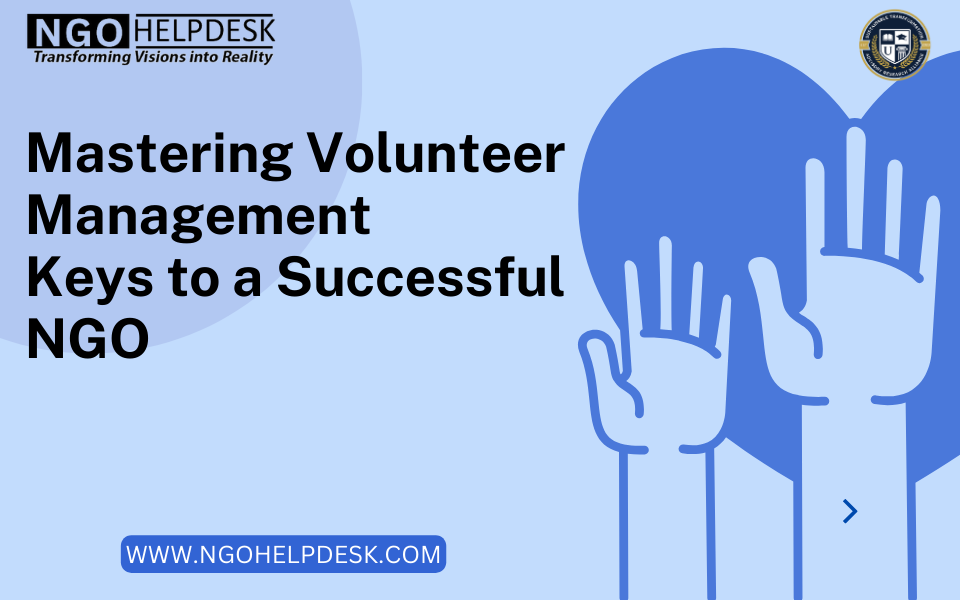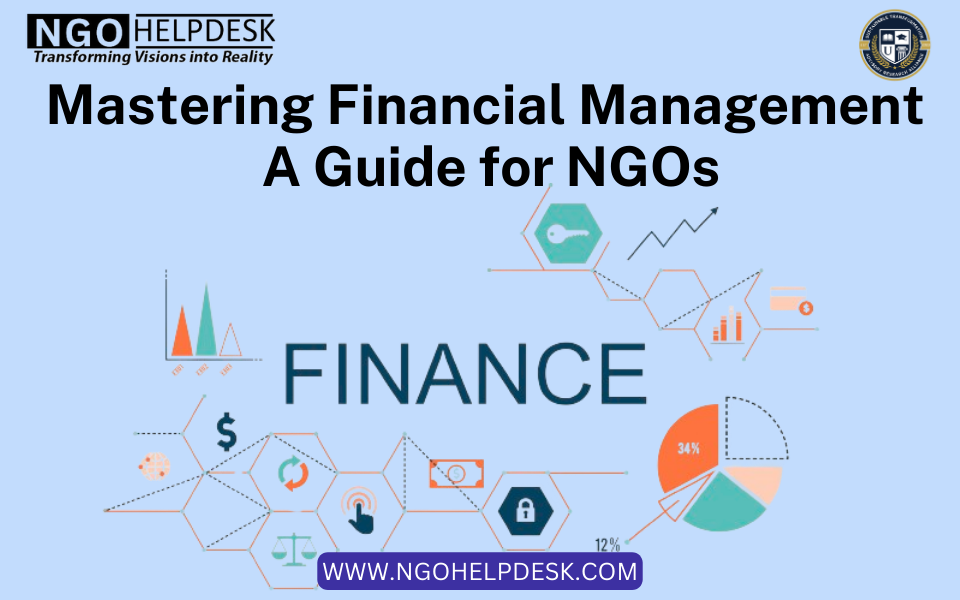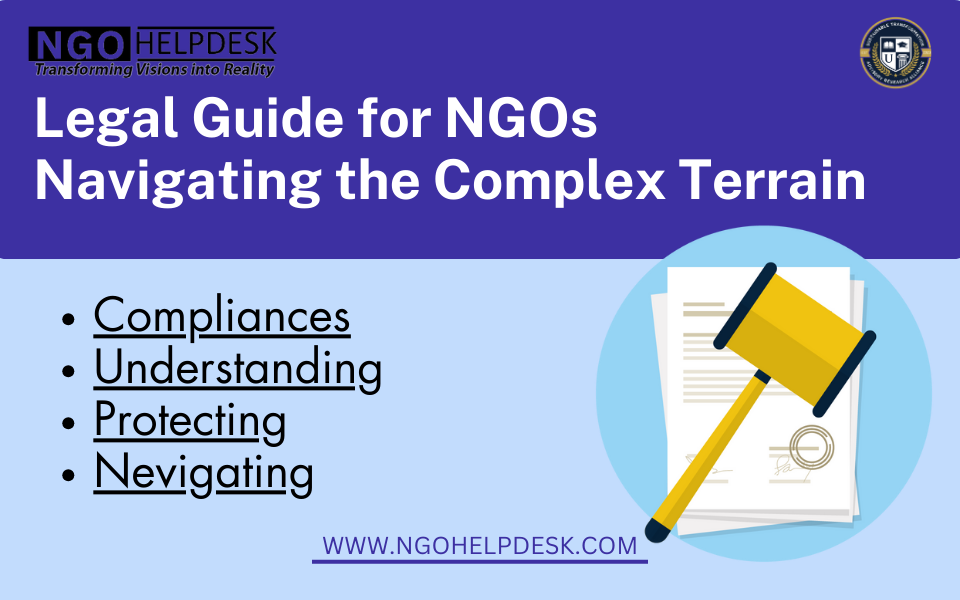
Introduction:
Non-Governmental Organizations (NGOs) thrive on the energy, fresh perspectives, and innovative ideas that interns bring to the table. However, creating a mutually beneficial internship program requires more than just assigning tasks. It’s about nurturing talent, fostering professional growth, and acknowledging the pivotal role interns play in advancing an NGO’s mission. In this blog, we’ll dive into the best practices for effective intern management in NGOs, ensuring a rewarding experience for both the organization and its interns.
Recruiting the Right Interns:
Finding the right interns starts with clear and concise job descriptions that outline the skills, educational background, and attributes needed. Use various platforms—university job boards, professional social networks like LinkedIn, and your NGO’s website—to reach a diverse pool of candidates. Remember, the goal is to attract individuals whose values align with your NGO’s mission and who are eager to contribute and learn.
Training and Onboarding:
A well-structured onboarding program is crucial for integrating interns into your team. This should include an overview of your NGO’s mission, goals, and operations, as well as specific training related to their role. Investing time in this stage pays off by enabling interns to become productive and engaged more quickly. Provide them with a go-to person for questions and guidance to facilitate a smoother transition into their role.
Managing Interns Effectively:
Effective intern management is characterized by clear communication, regular feedback, and meaningful assignments. Set specific, measurable, achievable, relevant, and time-bound (SMART) objectives to provide direction and a sense of purpose. Regular check-ins can help assess progress, address challenges, and adjust tasks as needed. Encourage a culture of open communication where interns feel valued and heard.
Fostering a Positive Interning Experience:
Creating a supportive and inclusive environment is key to a positive interning experience. Encourage interns to contribute ideas, participate in meetings, and engage with different aspects of your NGO’s work. This not only enriches their learning experience but can also bring fresh insights into your projects. Organizing networking events or mentorship programs can further enhance their professional development and integration into the team.
Recognizing Intern Contributions:
Acknowledging the contributions of interns is vital for their motivation and sense of accomplishment. Public recognition, certificates of completion, and letters of recommendation can significantly boost their morale and professional growth. These gestures of appreciation underscore their value to your NGO and can turn interns into lifelong advocates for your cause.
Conclusion:
Effectively managing interns in NGOs is about more than just filling temporary roles—it’s about cultivating future leaders and contributing to the professional development of passionate individuals. By recruiting the right interns, providing comprehensive training, managing them effectively, fostering a positive interning experience, and recognizing their contributions, NGOs can create a dynamic and enriching environment that benefits both the organization and its interns.





